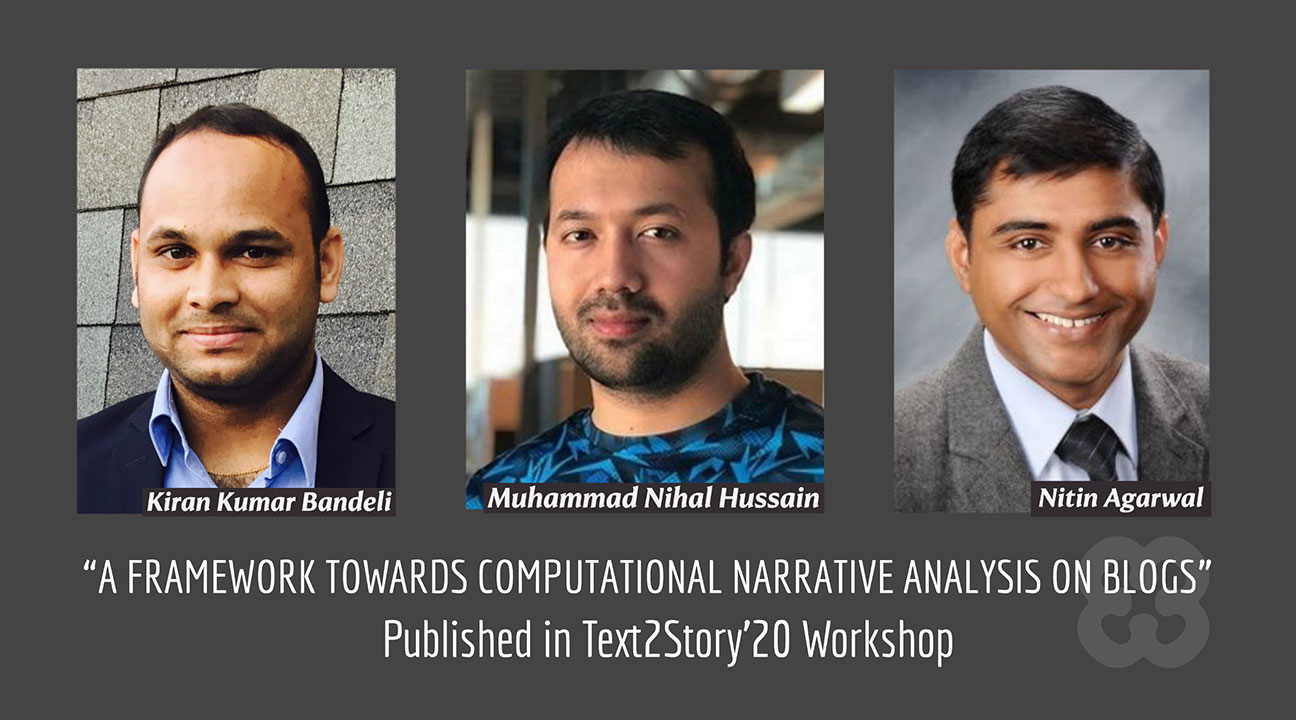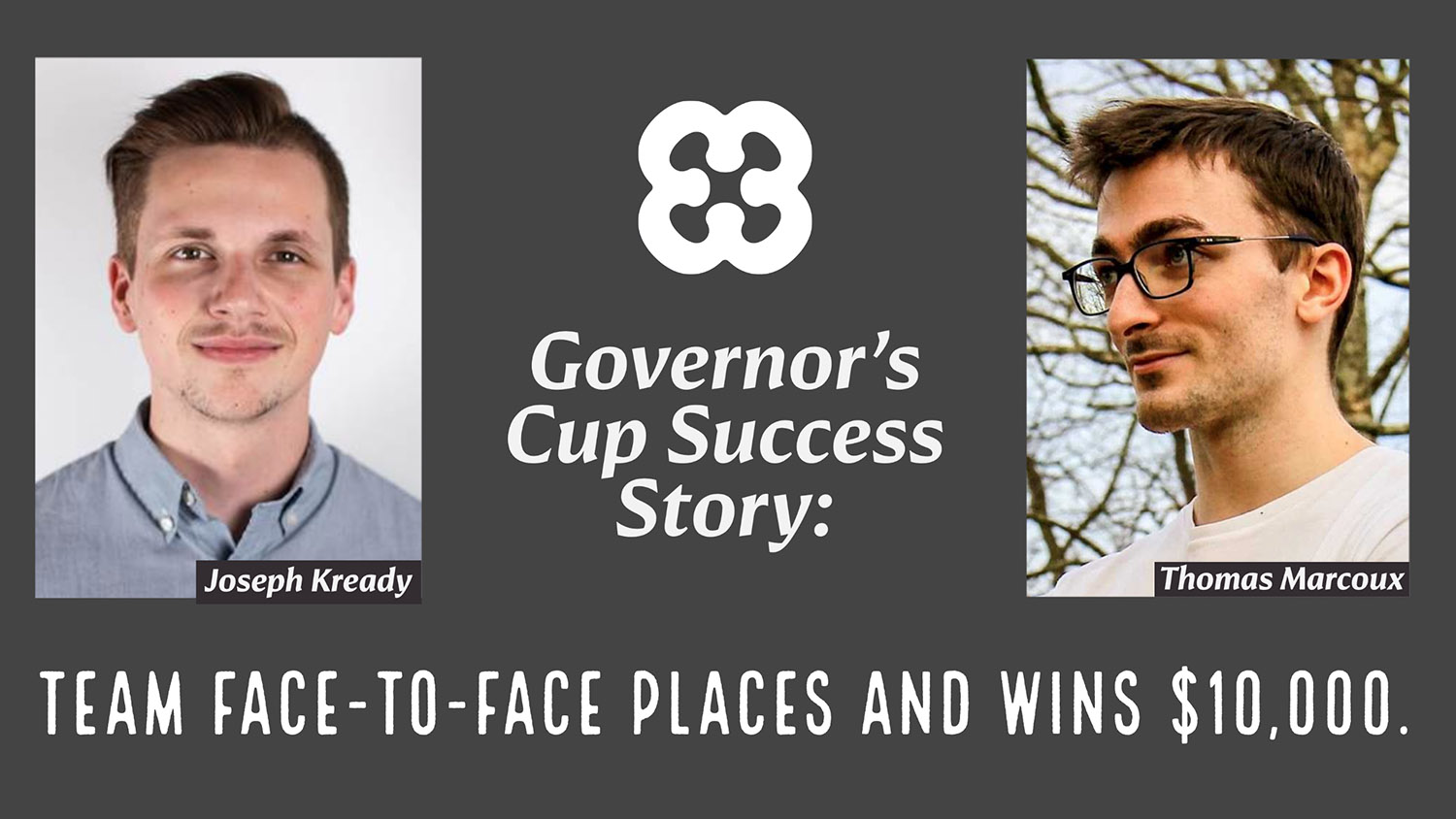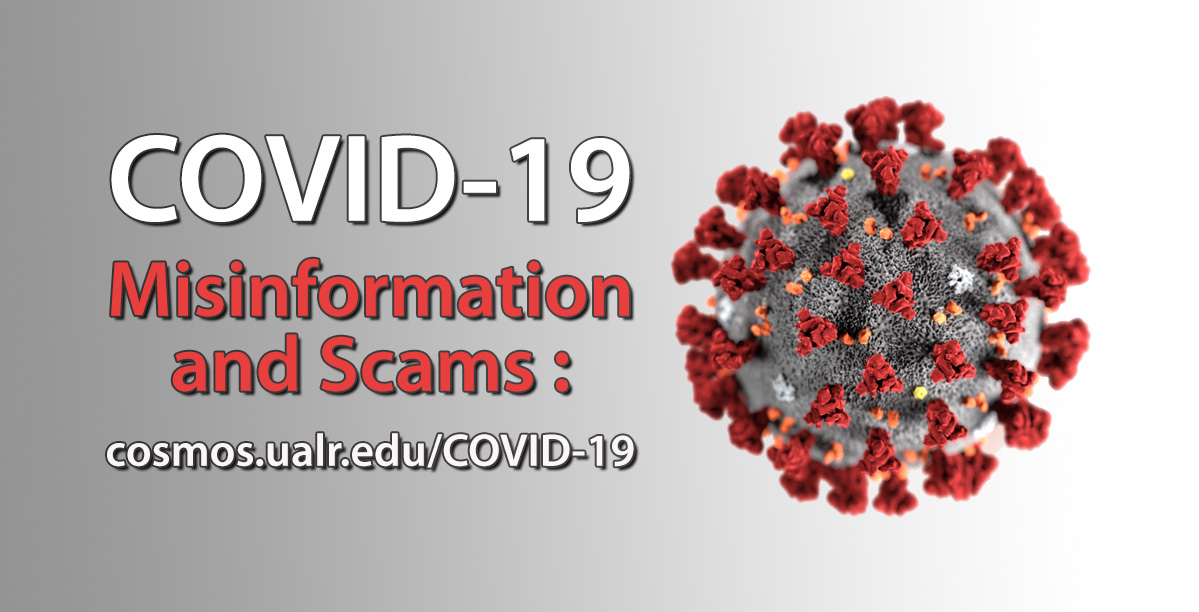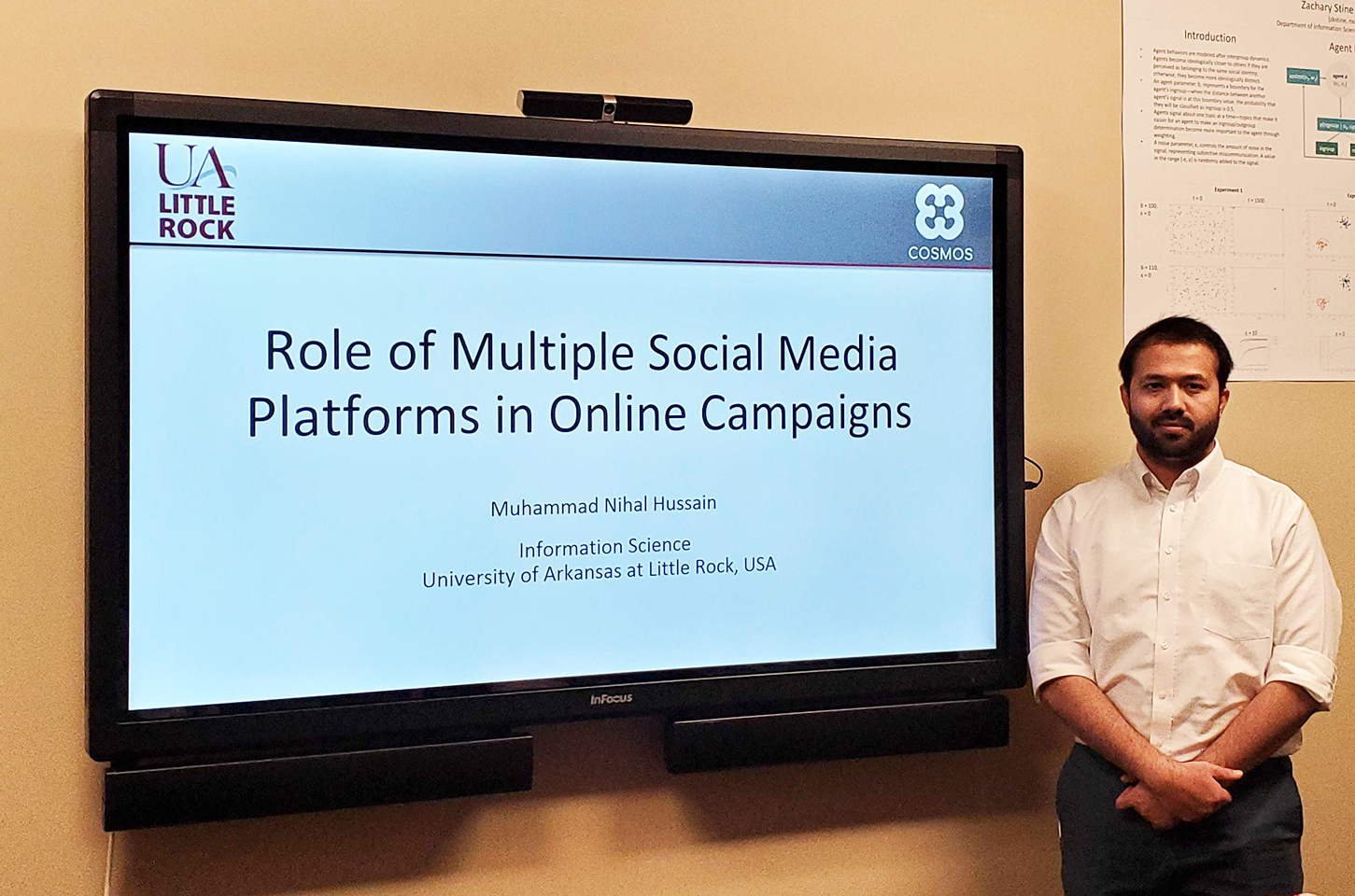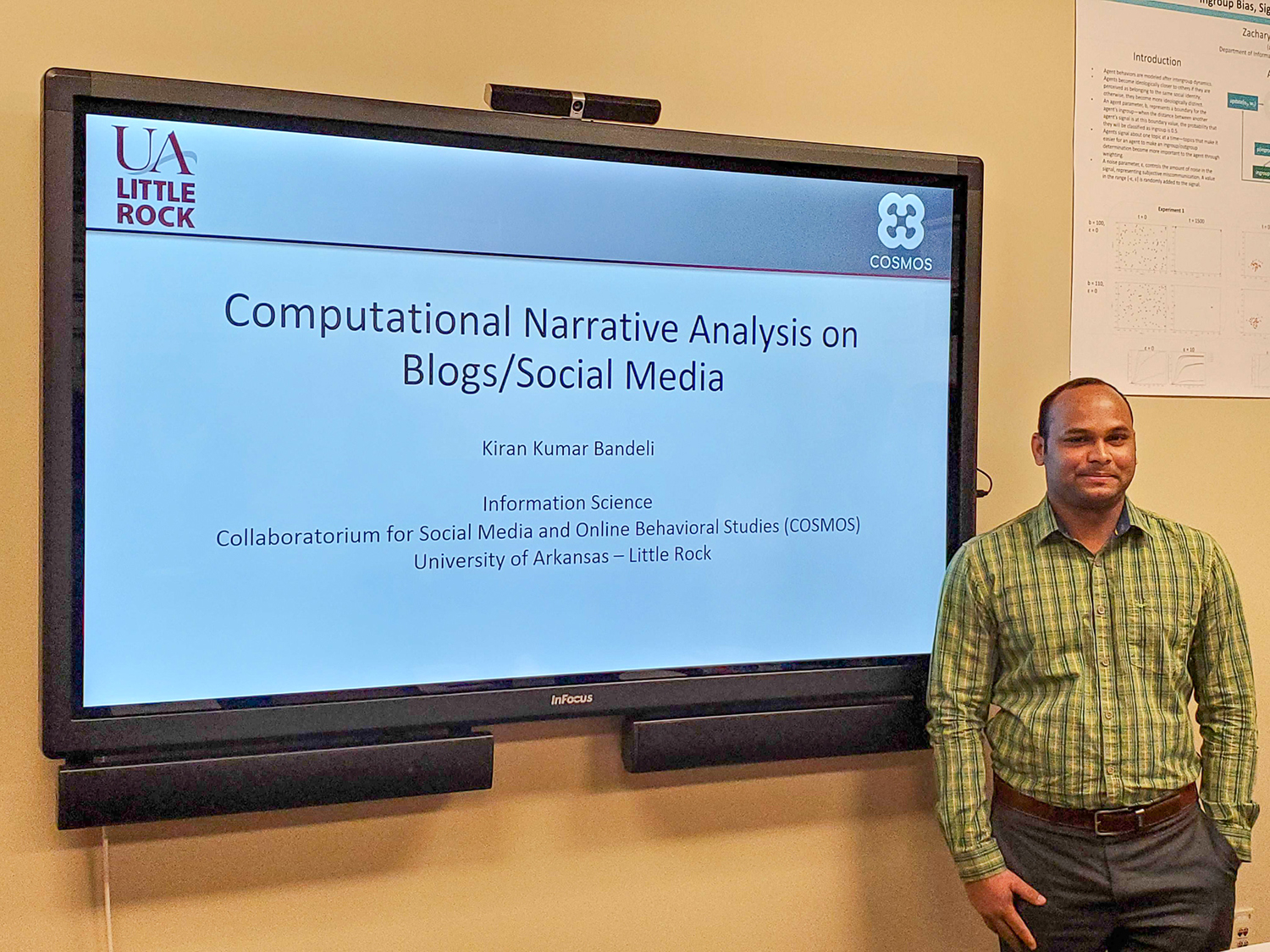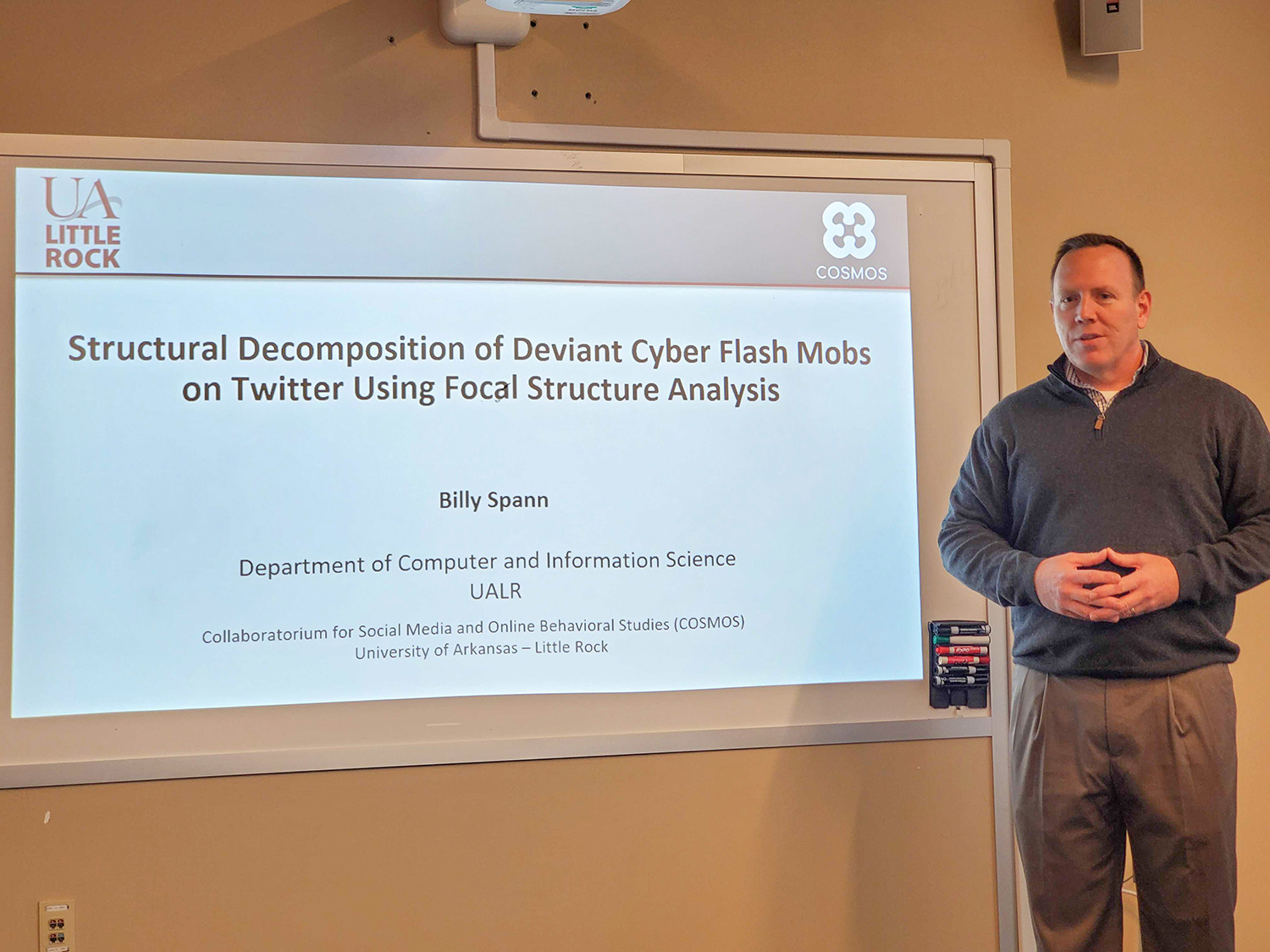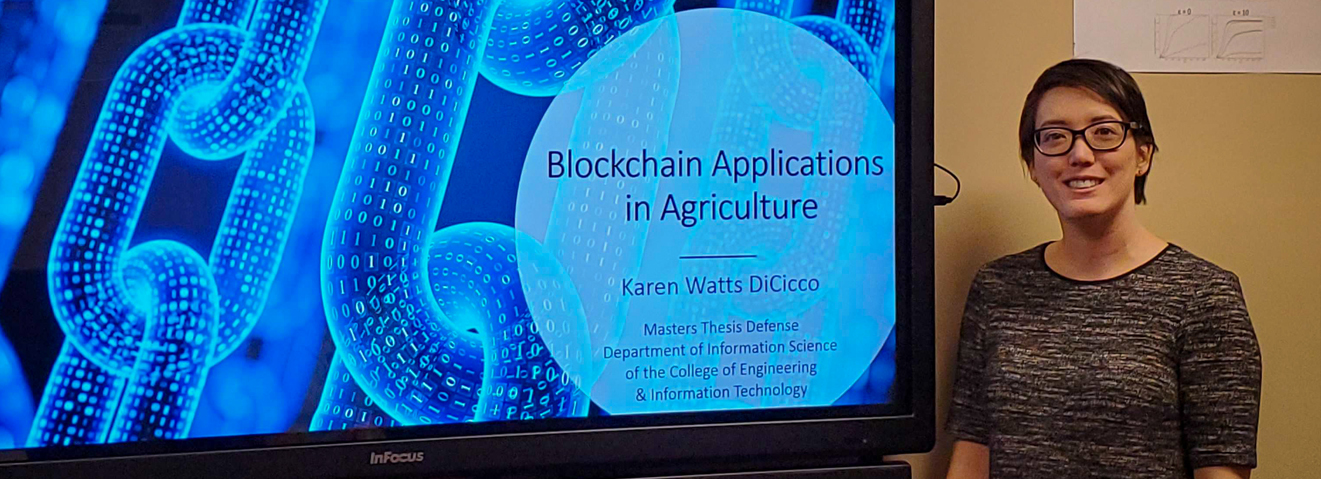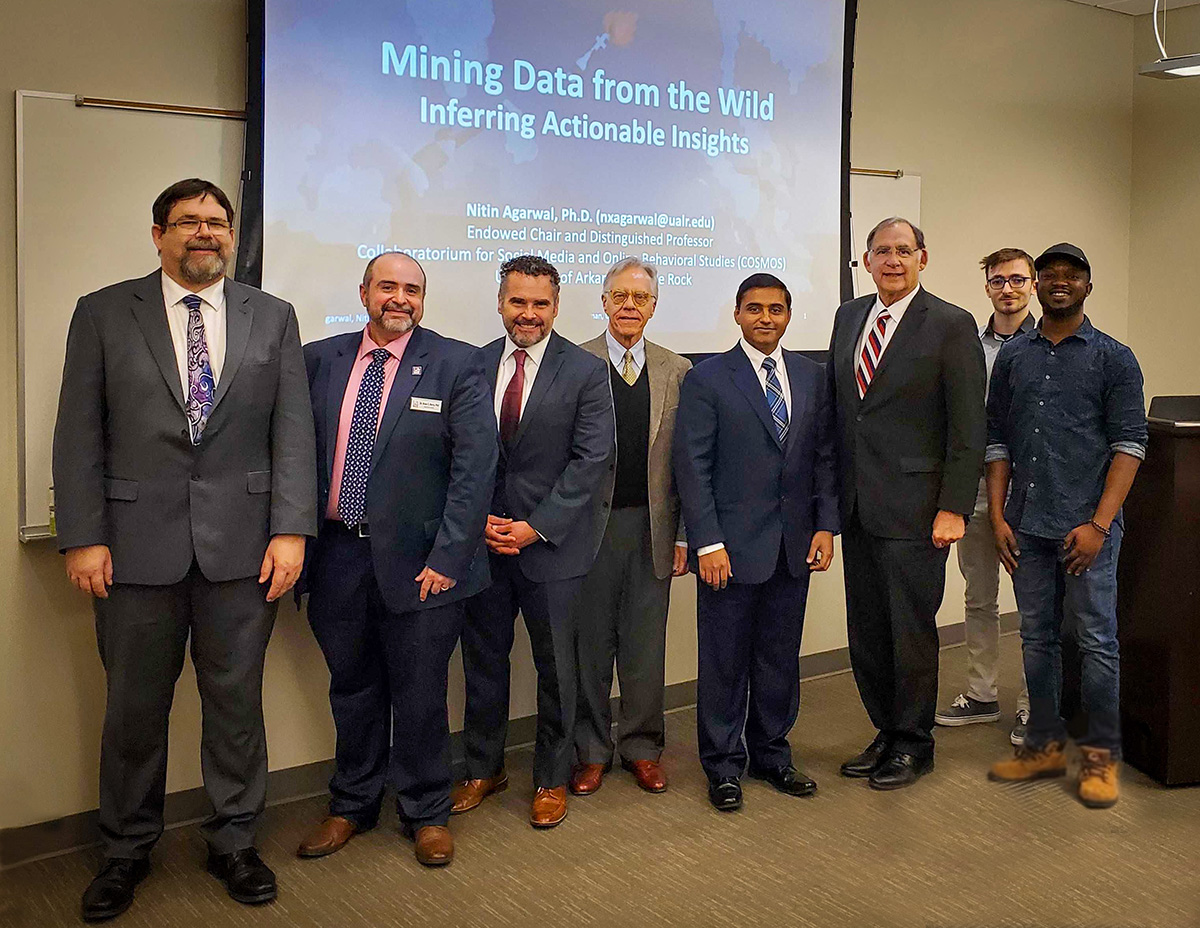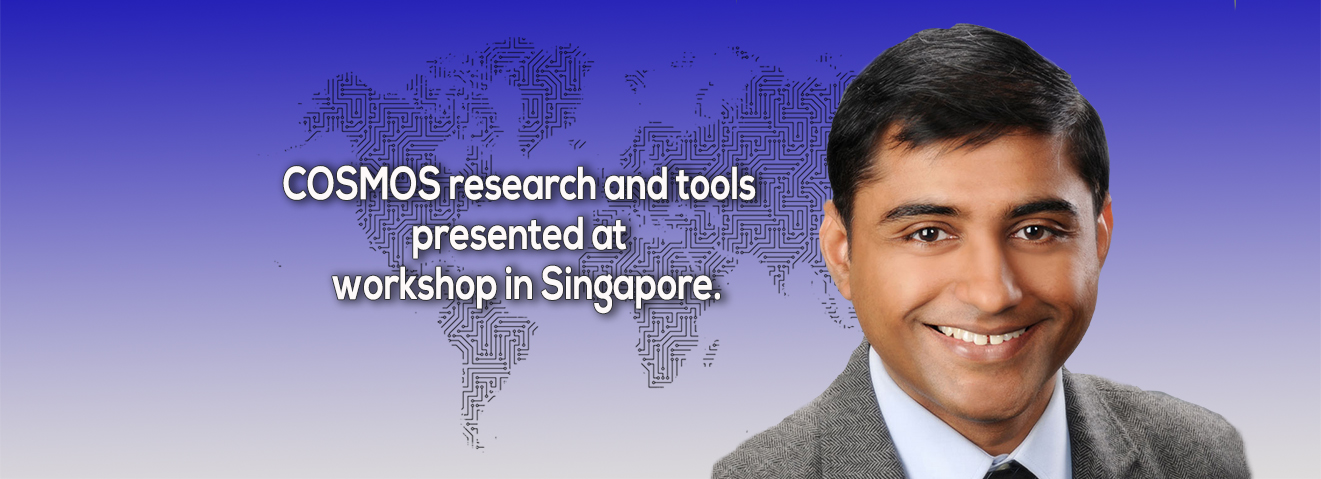COSMOS Paper Published in Text2Story’20 Workshop
We are pleased to announce that the paper “A Framework towards Computational Narrative Analysis on Blogs” written by Kiran Kumar Bandeli, Muhammad Nihal Hussain, and Nitin Agarwal has been published in The 3rd International Workshop on Narrative Extraction from Texts (Text2Story’20) co-located with 42nd European Conference on Information Retrieval (ECIR 2020). The paper introduces the idea of extracting narratives automatically on blogs to provide a better situational awareness. Narratives can be represented as semantic triplets of actors and their actions towards other actors. This is important because it provides sociologists/political scientists to gain situational awareness by tracking different opinions, political views, and narratives as theyRead More →

